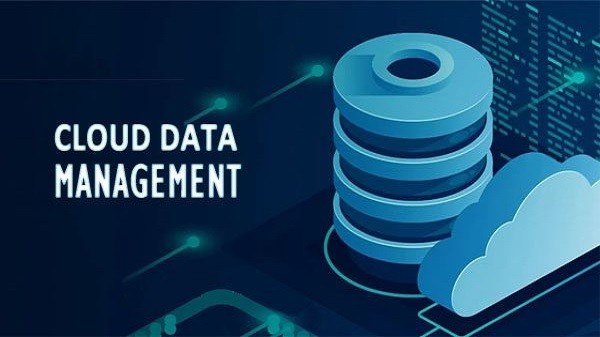The Importance of Cloud Data Management for Businesses: Best Practices and Strategies to Ensure Data Security and Accessibility
Cloud Data Management

In today’s digital age, businesses are increasingly relying on cloud data management solutions to store, manage, and access their data. The benefits of cloud data management are many, including increased scalability, cost savings, and flexibility. However, with the rise in cloud adoption, businesses also face new challenges around data security and accessibility. In this article, we will explore the importance of cloud data management for businesses and provide best practices and strategies for ensuring data security and accessibility. It is vital to secure the data for the company success, so if you need to outsource your HR deparment in companies like INS Global they will let you focus on your goal.
Importance of Cloud Data Management for Businesses:
Scalability: Cloud data management solutions allow businesses to scale their data storage and processing capabilities as their needs grow, without the need for additional on-premises hardware or software.
Cost Savings: Cloud data management solutions can also help businesses save on costs by reducing the need for expensive hardware and software, and by providing pay-as-you-go pricing models.
Flexibility: Cloud data management solutions provide businesses with the flexibility to access their data from anywhere, at any time, and on any device.
However, with these benefits come new challenges around data security and accessibility. Businesses must take steps to ensure the security and accessibility of their cloud data, while also complying with data privacy regulations.
Best Practices for Cloud Data Management:
Data Encryption: One of the best ways to ensure the security of your cloud data is to encrypt it. Encryption protects data from unauthorized access and ensures that it can only be accessed by authorized parties with the proper decryption key.
Access Controls: Access controls are another important aspect of cloud data management. By limiting access to sensitive data, businesses can reduce the risk of unauthorized access and data breaches.
Backup and Recovery: Regular backups and a robust disaster recovery plan are essential for ensuring the accessibility of cloud data. Businesses should have a backup and recovery plan in place to protect against data loss and to quickly recover from disasters.
Compliance with Data Privacy Regulations: Businesses must also ensure that they are complying with data privacy regulations, such as GDPR and CCPA. Compliance with these regulations involves understanding the type of data being collected, where it is being stored, and how it is being used.
Strategies for Cloud Data Management:
Multi-Factor Authentication: Multi-factor authentication (MFA) is an effective way to ensure that only authorized individuals are accessing cloud data. MFA requires users to provide multiple forms of identification, such as a password and a security token.
Regular Security Audits: Regular security audits can help businesses identify vulnerabilities in their cloud data management systems and take steps to address them before they become a problem.
Training and Education: Proper training and education for employees on cloud data management best practices can help prevent human error and reduce the risk of data breaches.
Monitoring and Alerting: Real-time monitoring and alerting can help businesses quickly detect and respond to potential security threats. By monitoring access logs and system activity, businesses can identify suspicious activity and take immediate action to prevent data breaches.
Data Classification: Data classification is the process of categorizing data based on its sensitivity and importance. By classifying data, businesses can determine the appropriate level of security and access controls needed to protect it.
Cloud Service Provider Selection: Choosing the right cloud service provider is critical for ensuring the security and accessibility of cloud data. Businesses should carefully evaluate potential providers based on factors such as their security controls, compliance certifications, and data center locations.
Disaster Recovery Planning: In addition to backups, businesses should also have a disaster recovery plan in place. This plan should outline the steps to take in the event of a data breach or system failure, including how to restore data and resume operations.
Cloud data management is becoming increasingly important for businesses as they seek to store and manage their data in the cloud. The benefits of cloud data management include scalability, cost savings, and flexibility, but with these benefits come new challenges around data security and accessibility. Businesses must take steps to ensure the security and accessibility of their cloud data, while also complying with data privacy regulations.
Best practices for cloud data management include data encryption, access controls, backup and recovery, and compliance with data privacy regulations. Strategies for cloud data management include multi-factor authentication, regular security audits, training and education, monitoring and alerting, data classification, cloud service provider selection, and disaster recovery planning.
Conclusion:
Cloud data management is essential for businesses looking to take advantage of the benefits of cloud computing. However, with these benefits come new challenges around data security and accessibility. By following best practices and implementing effective strategies for cloud data management, businesses can ensure the security and accessibility of their cloud data while complying with data privacy regulations.




